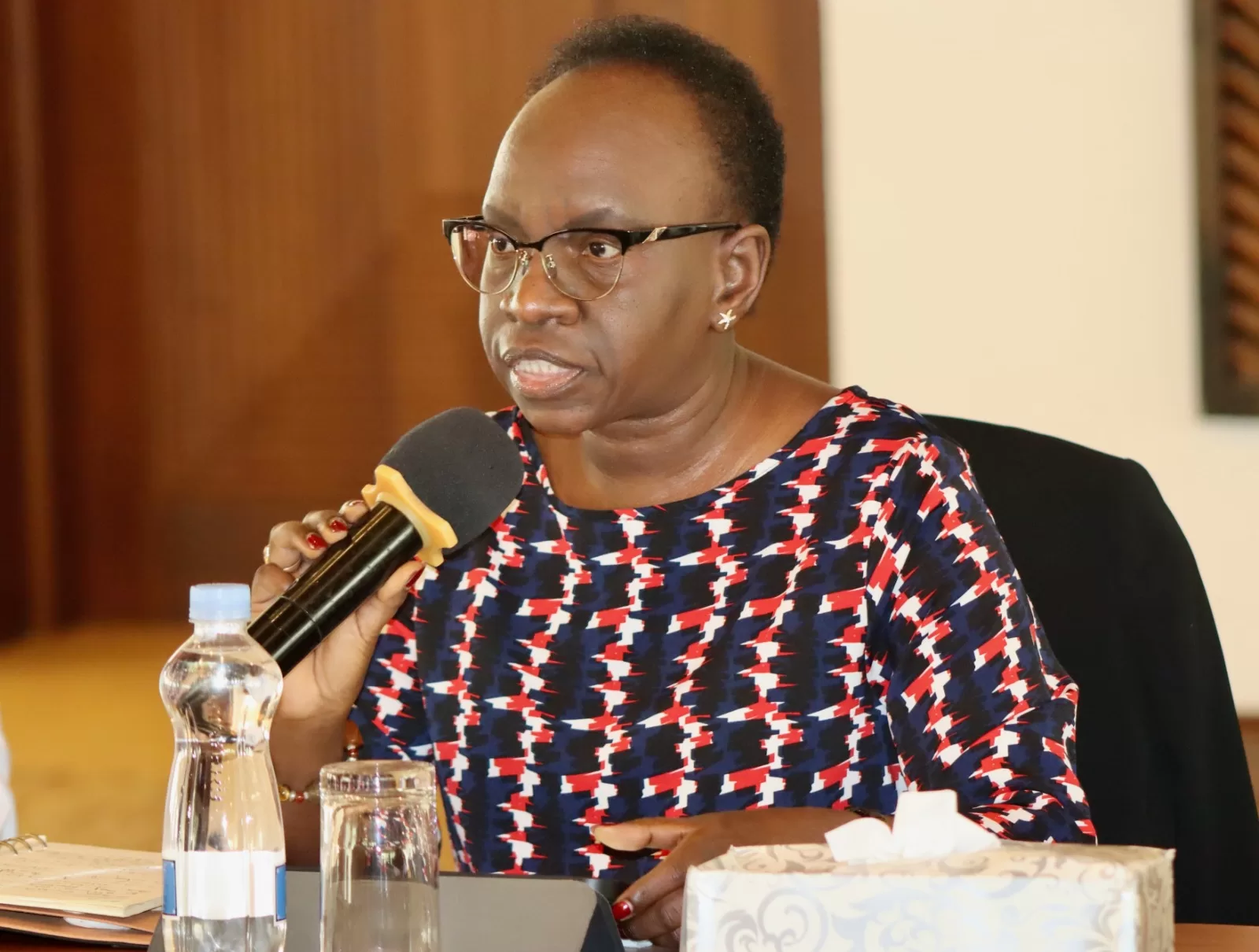Bursary Funds Audit Exposes Corruption of Millions Meant for Needy Learners Across Constituencies.
Table of contents
- Introduction: Misuse of Funds Revealed
- Fraudulent Beneficiaries and Missing Documentation
- Sabatia Constituency: Funds Misallocated
- Rongo Constituency: Duplicate Allocations
- Narok West Constituency: Shared Admission Numbers
- Embakasi North Constituency: Unexplained Variances
- Nakuru East Constituency: Unreconciled Variances
- Other Affected Constituencies
- Auditor-General’s Observations
- Conclusion
Introduction: Misuse of Funds Revealed
An audit report by Auditor-General Nancy Gathungu has unveiled significant mismanagement in the distribution of millions of shillings meant to support needy learners through bursaries.
The report, released in December 2024, highlights widespread irregularities in the administration of the National Government Constituency Development Fund (NGCDF) bursary programs.
These issues have left many deserving learners without the support they urgently need as schools reopen for the first term of 2025.
Fraudulent Beneficiaries and Missing Documentation
The report reveals that in numerous constituencies, bursaries were awarded to non-existent students.
Furthermore, essential details such as the names of learning institutions, beneficiaries’ full names, admission numbers, and receipts confirming bursary disbursement were missing.
This lack of accountability raises questions about whether the funds reached the intended beneficiaries.
For the financial year ending 2022, the report could not ascertain whether millions of shillings in bursaries were appropriately accounted for.
Constituencies named in the audit include Sabatia, Rongo, Nakuru East, Narok West, Embakasi North, and others.
Join Teachers Updates on Facebook
Sabatia Constituency: Funds Misallocated
In Sabatia Constituency, Vihiga County, Sh58 million was allocated for bursaries, but only Sh38 million could be accounted for.
A detailed breakdown showed that Sh10.7 million went to secondary schools, Sh27 million to tertiary institutions, and Sh1 million to special schools.
However, this amounted to only 16% of the funds received from the NG-CDF Board, falling short of the stipulated 25% allocation. Missing documentation on the beneficiaries further complicated accountability.
Rongo Constituency: Duplicate Allocations
In Rongo Constituency, Sh65.6 million was disbursed to secondary and tertiary institutions.
However, bursary disbursement schedules totaling Sh2.1 million lacked admission numbers for beneficiaries.
Additionally, 157 students were found to have received multiple allocations of varied amounts. As a result, the fairness and transparency of Sh46.7 million in bursary disbursements could not be verified.
Narok West Constituency: Shared Admission Numbers
In Narok West, represented by Gabriel Tongoyo, Sh9 million was irregularly allocated to 675 beneficiaries who lacked admission or registration numbers.
Some beneficiaries even shared identical admission numbers, while others were listed without names.
A total of Sh17.6 million was disbursed to secondary schools, and Sh35.4 million went to tertiary institutions, but the accuracy and completeness of these disbursements remain uncertain.
Embakasi North Constituency: Unexplained Variances
In Embakasi North, led by James Gakuya, bursary disbursements of Sh58.8 million revealed an unexplained variance of Sh605,000.
Of the Sh46.5 million allocated to secondary schools, Sh34 million lacked supporting documentation linking the funds to specific beneficiaries or institutions.
Furthermore, the disbursed amount exceeded the allowable limit by 18%, raising additional concerns.
Nakuru East Constituency: Unreconciled Variances
In Nakuru East, Sh62 million was disbursed to secondary schools and Sh18 million to tertiary institutions.
However, financial returns confirming receipt of the funds were not provided. Additionally, the reported total bursary amount of Sh81.1 million differed from the supporting schedules by Sh54.7 million, resulting in an unreconciled variance.
Other Affected Constituencies
In Webuye East, Sh24 million allocated to tertiary institutions lacked supporting beneficiary lists and receipts.
Turbo Constituency failed to present evidence of vetting or categorizing needy students before distributing Sh57 million.
Suba North lacked supporting documents for Sh11 million out of Sh51 million disbursed. Nyaribari Chache was found to have no established bursary committee despite disbursing Sh92 million.
Similarly, millions of shillings remain unaccounted for in Sotik (Sh35 million), Naivasha (Sh64 million), Mwingi Central (Sh77 million), Mogotio (Sh103 million), Olkalou (Sh48 million), Nyakach (Sh56 million), Malindi (Sh24 million), and Westlands (Sh61 million).
Auditor-General’s Observations
The Auditor-General has raised concerns about the lack of proper evidence confirming the beneficiaries of these bursary funds.
Gathungu indicated that the absence of adequate documentation suggests that some of the money may have been misappropriated by officials managing the funds.
She has also questioned the role of Members of Parliament in the affected constituencies, emphasizing the need for accountability and transparency in the disbursement process.
Read Also: TSC Teacher Requirements for Deployment to Junior Secondary Schools
Conclusion
The audit exposes a troubling trend of financial mismanagement that undermines the intended purpose of bursary funds meant to support needy learners. With millions of shillings unaccounted for, the report calls for immediate action to ensure fairness and accountability in the distribution of public resources.
Bursary Funds Audit Exposes Corruption of Millions Meant for Needy Learners Across Constituencies.
Follow Teachers Updates on Facebook, LinkedIn, X (Twitter), WhatsApp, Telegram, and Instagram. Get in touch with our editors at [email protected].


Discussion about this post